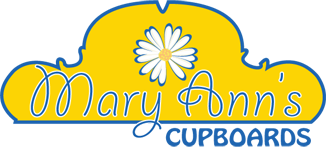Wildcrafting Review & Books

Often we walk over, trample on, and despise the weeds at our feet. However these weeds can often be wonderful additions to our meals; some as snacks, some as salads, some as a main dish.
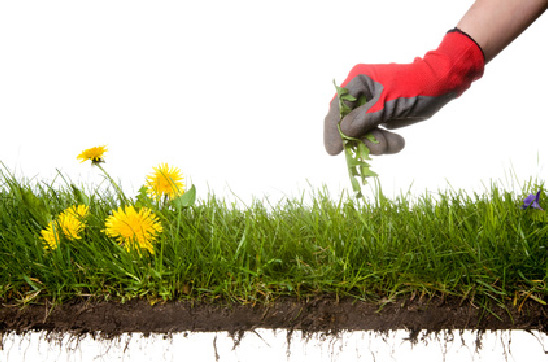
We look up from the weeds and see useful shrubs and trees all around us. We all know about the dandelion greens, pine needle tea, and wild berries like the woodland strawberry. Some of these plants/weeds are sweet to the taste while others have a lemon flavor. Some, being similar to our common potato, have a wonderful nutty flavor.
Harvesting these plants for food (or medicine) is referred to as "Wildcrafting.”
When wildcrafting the plant world for foods and/or medicinal herbs it is an absolute necessity to properly identify the plants.
Once you have properly identified your plant it is then necessary to know what part of the plant is used for food or herbal medicine, and how to use or prepare that part.
The usual process is to first identify the plant (It is important to not identify a plant by its common name, but by its Latin name), and then find out how the plant is used. After that it is necessary to find out how the individual parts are used (the use might differ between parts). Once you have identified the useable parts you need to find out if there is a time of day or season of the year for harvesting that part. Lastly you will need to find out how to process those parts, especially if you are going to make them into herbal medicines or eat things like the acorn.
While this may sound like too much effort, the process is rather simple. The following book list should give you a jump start on the process.
This is a list of the books I have found useful for plant identification and use. Please note that just because the book title indicates it is for a particular section of the USA many of the plants are often found over large areas, if not everywhere in the States.
Almost all the useable plants you will want are not the ones isolated in the forest or desert, but the lowly weeds scattered about at your feet.
Because weeds will provide most of the food or herbals you desire I highly recommend obtaining a weed identification book for your area. For the western half of the United States my "must have” book is, "Weeds of the West.” This book can be found at most any book dealer or through the ‘Western Society of Weed Science’ in Newark. California. This book provides you with excellent identification pictures and descriptions. The ISBN of my 2002 9th-edition is ISBN: 0-941570-13-4. (If there is a more recent edition it might carry a different ISBN number.)
The following is my list of "I’m glad they are in my library” books. (I have placed an asterisk before the books that I cannot live without.)
PLANT IDENTIFICATION:
* "Weeds of the West,” from Western Society of Weed Science
"Weeds of the Northern U.S. and Canada,” Richard Dickinson, Lone Pine Publishing, and, The University of Alberta Press
"Northwest Weeds, The Ugly and Beautiful Villains of Fields, Gardens, and Roadsides,” Ronald J. Taylor, Mountain Press Publishing Company
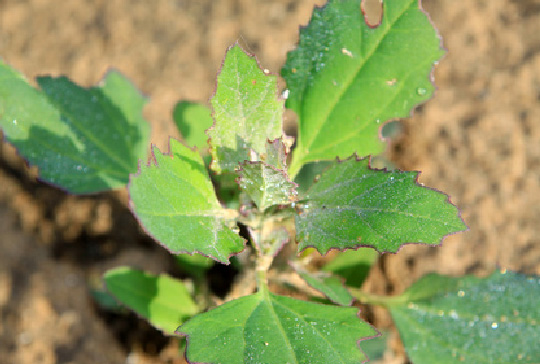
"Plants of the Pacific Northwest Coast,” Lone Pine Publishing
"Plants of Southern Interior British Columbia,” Lone Pine Publishing
* "Plants of the Rocky Mountains,” Lone Pine Publishing
"Pacific States Wildflowers,” Peterson Field Guides, T.F. Niehaus and C.L. Ripper
* "Sagebrush Country, A Wildflower Sanctuary,” Ronald J. Taylor, Mountain Press Publishing Company
"Desert Wildflowers, Drylands of North America,” Earl Rosenwinkel, Beautiful America Publishing Company
"The Rocky Mountain Berry Book,” Bob Krumm, Falcon Publishing
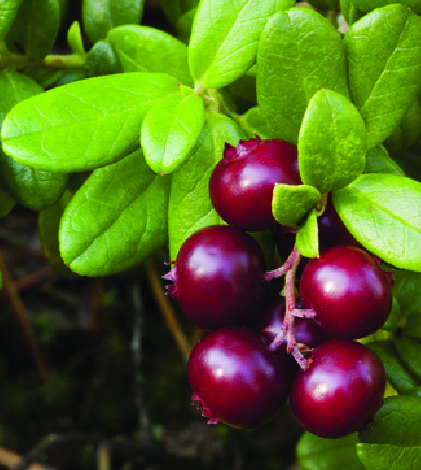
"Northwestern Wild Berries,” J.E. Underhill, Hancock House
"Rocky Mountain Tree Finder,” Tom Watts, Nature Study Guild
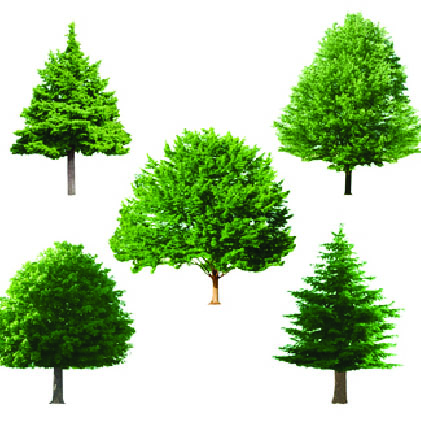
"Trees, Leaves and Bark,” Diane L. Burns, NorthWord Press
"Familiar Trees of North America,” The Audubon Society Pocket Guides – Western Region
"A Guide to Field Identification, Trees of North America,” C. Frank Brockman, Golden Press
"Poisonous Plants,” F. Stary and Z. Berger, Magna Books
"Typical Poisonous Plants,” US Dept of Health, Education, and Welfare – Public Health Service – FDA
"Venomous Animals & Poisonous Plants,” Peterson Field Guides, S. Foster and R. Caras, Houghton Mifflin Company
EXPLORING THE USEFULNESS OF THE PLANTS:
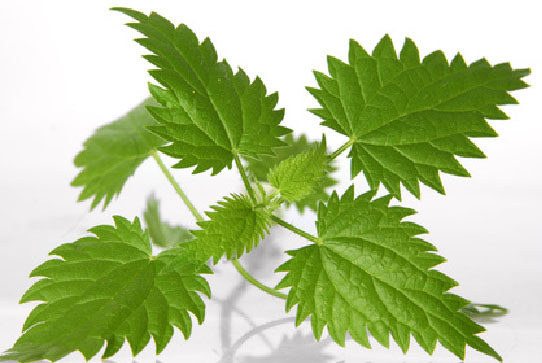
* "Western Medicinal Plants and Herbs,” Peterson Field Guides, S. Foster and C. Hobbs, Houghton Mifflin Company
* "Edible Wild Plants,” Peterson Field Guides, L.A. Peterson, Houghton Mifflin Company
"Edible & Medicinal Plants of the Rockies,” Linda Kershaw, Lone Pine
"Edible and Medicinal Plants of the West,” Gregory L. Tilford, Mountain Press Publishing Company
"From Earth to Herbalist,” G.L. Tilford, Mountain Press Publishing Company
"Edible and Medicinal Plants of the Rocky Mountains and Neighboring Territories,” Terry Willard, Wild Rose College
"Edible Wild Plants, A North American Field Guide,” T.S. Elias and P.A. Dykeman, Sterling Publishing Company
"The EcoHerbalist’s Fieldbook, Wildcrafting in the Mountain West,” Gregory L. Tilford, Mountain Weed Publishing
"Nature Bound, Pocket Field Guide,” Ron Dawson, Pacific Press Publishing Association
* "A Modern Herbal,” Mrs. M. Grieve, Dorset Press
USING THE PLANTS:
* "Herbal Preparations and Natural Therapies, Creating and Using a Home Herbal Medicine Chest,” Debra Nuzzi-St.Claire, (this is an excellent DVD/Manual course showing all the aspects of taking plant material and making it into various form of herbal medicines)
"The Rocky Mountain Wild Foods Cookbook,” Darcy Williamson, The Caxton Printers
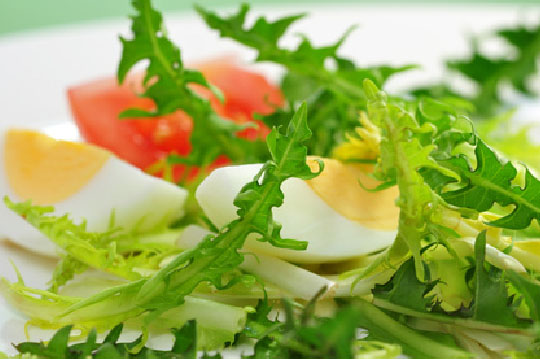
Notes: The Peterson Field Guides usually have both Western and Eastern/Central editions.
Notes: If I could only have three books I would want the ‘Weeds of the West,’ and the Peterson Fields Guides for Edible and for Medicinal Plants.
Notes: Many areas of the USA have a local branch of the "Native Plant Society.” Joining this group will most often net you expert plant identification help, and plant identification field trips led by qualified botanists.
Tags: wildcrafting food gathering emergency preparedness green harvesting gathering native eating
|
Add a Comment |
For all news items click here
News Releases
Eliminating Stress During the Holidays The holidays can be a stressful time of year for many of us. Melanie gives us a few good ways to help eliminate the physiological symptoms of stress with essential oils. Release Date: 11/19/2019 | |
Easing Kids Back to School With Essential Oils Helping your kids back to school can mean getting them ready physically AND emotionally. Melanie spotlights 5 Great Essential Oils that can help your kids keep their cool while they ease back into school. Release Date: 8/28/2019 | |
Home Pharmacy Lists Following up on our Introduction to Alternative Medicine class we have a handy list of health uses for common household items. Release Date: 2/8/2016 | |
Online Classes
Eat Better for Less E-Learning Class
With the rising costs of groceries, you may have noticed your budget rising, too. Learn how easy it is to save money on groceries right now - No Coupons Necessary!
With the rising costs of groceries, you may have noticed your budget rising, too. Learn how easy it is to save money on groceries right now - No Coupons Necessary!
Growing & Using Sprouts Class
Sprouting seeds are packed with vital nutrients, protein, and minerals. They make a highly nutritional addition to your Food Storage.
Sprouting seeds are packed with vital nutrients, protein, and minerals. They make a highly nutritional addition to your Food Storage.
Clutter Free Living E-Learning Class
Every house has storage issues regardless of it's size. Double your storage space with simple principles that will keep your house clutter-free all day, everyday.
Every house has storage issues regardless of it's size. Double your storage space with simple principles that will keep your house clutter-free all day, everyday.
Upcoming Classes
No events scheduled at this time.
Calendar View
Featured Products
Find us on FaceBook
